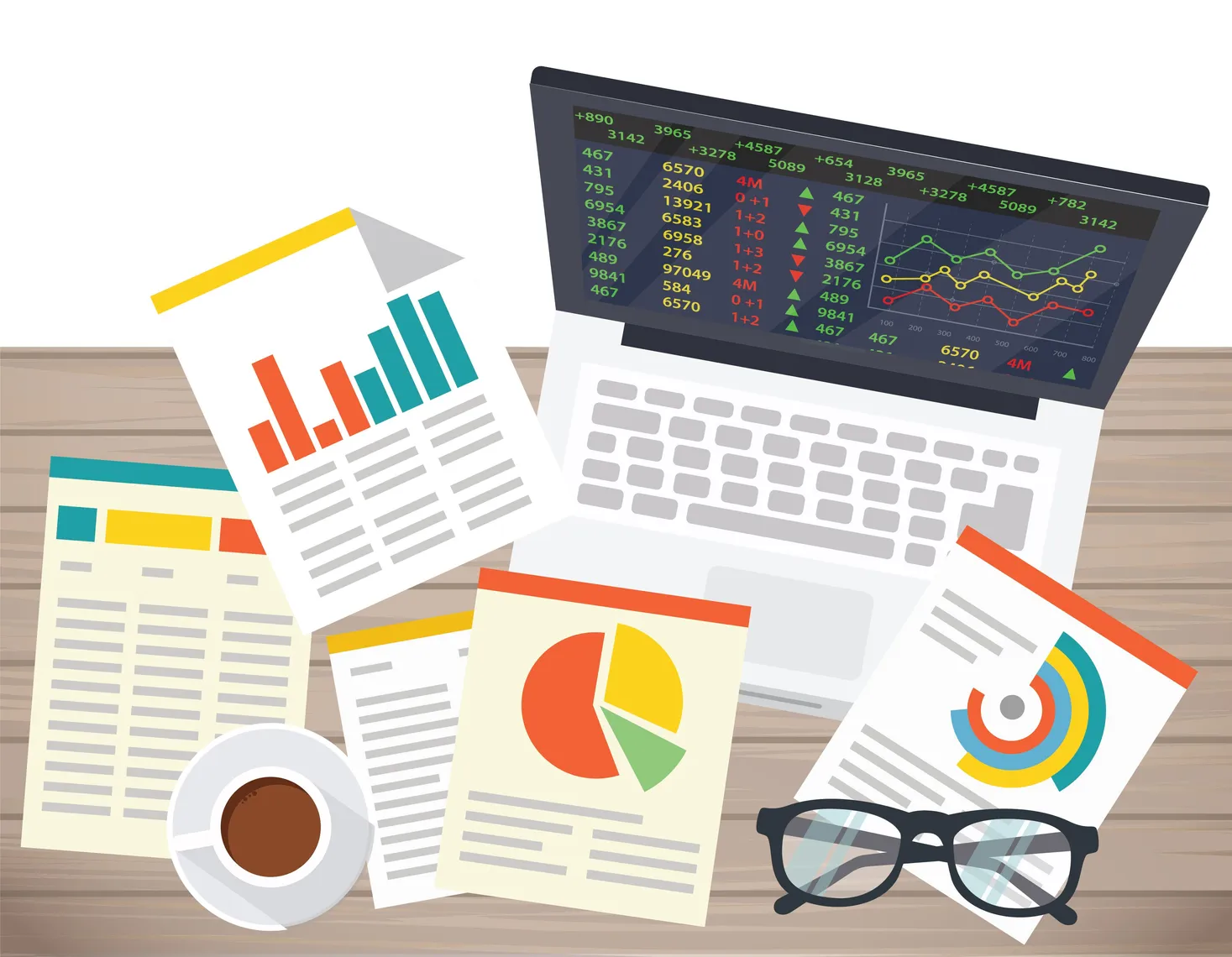What is Earnings before interest, taxes, and depreciation (EBITD)?

This is a useful way to gauge a company's financial health. It's calculated using income statements and aims to establish profitability before taxes and interest are paid.
Key takeaways
-
EBITD is a financial metric that gauges company health by establishing profitability before taxes, interest, and depreciation are paid.
-
The metric is calculated using the formula: revenue minus expenses, excluding taxes, interest, and depreciation from the calculation.
-
EBITD is similar to EBITDA but differs in that EBITD uses depreciation for tangible assets rather than amortisation for intangible assets.
-
Businesses use EBITD in capital budgeting to create templates analyzing variables like net present value and internal rate of return.
-
EBITD analysis helps companies establish whether a potential investment or project is financially viable before committing resources.
Where have you heard about EBITD?
It's sometimes known as profit before depreciation, interest, and taxes (PBDIT). If you're in business, you might have heard that it's similar to earnings before interest, taxes, depreciation and amortisation (EBITDA). The two measures are slightly different but often produce similar results.
What you need to know about EBITD.
It's calculated using the formula revenue - expenses (excluding taxes, interest and depreciation). The difference between EBITD and EBITDA is that depreciation refers to the cost of a tangible asset while amortisation is related to intangible assets. EBITD is sometimes used in capital budgeting to make templates that can be altered to include effects of variables on measures such as net present value or internal rate of return. This can help businesses establish whether an investment or project is viable.